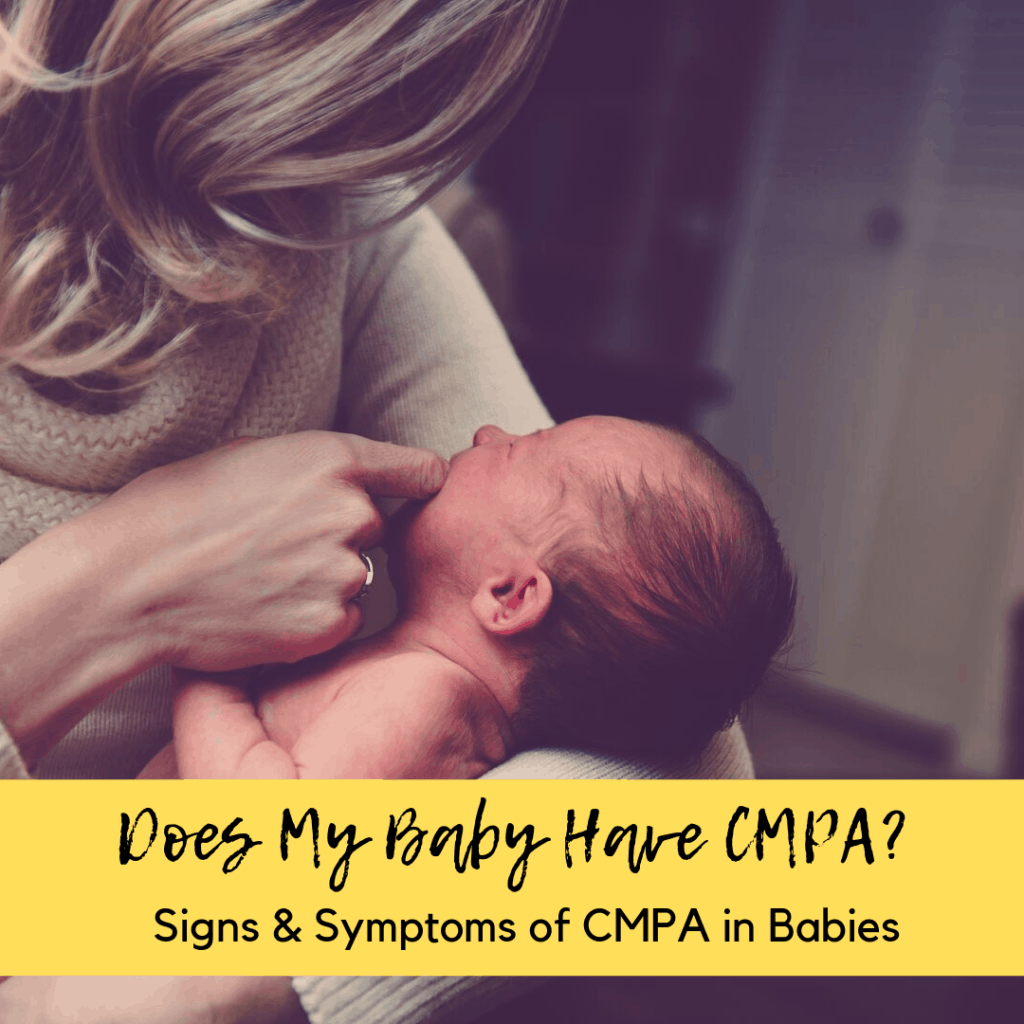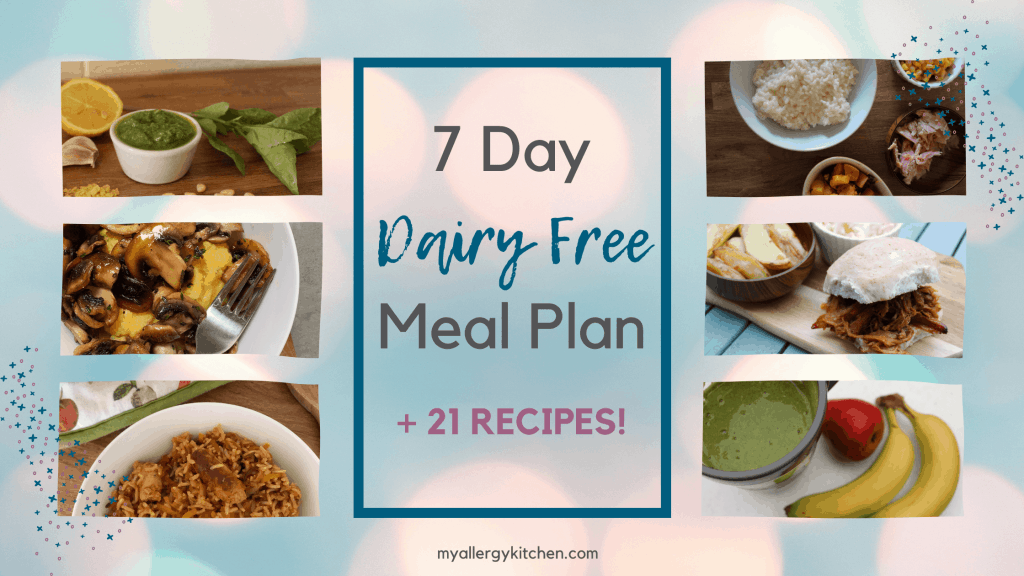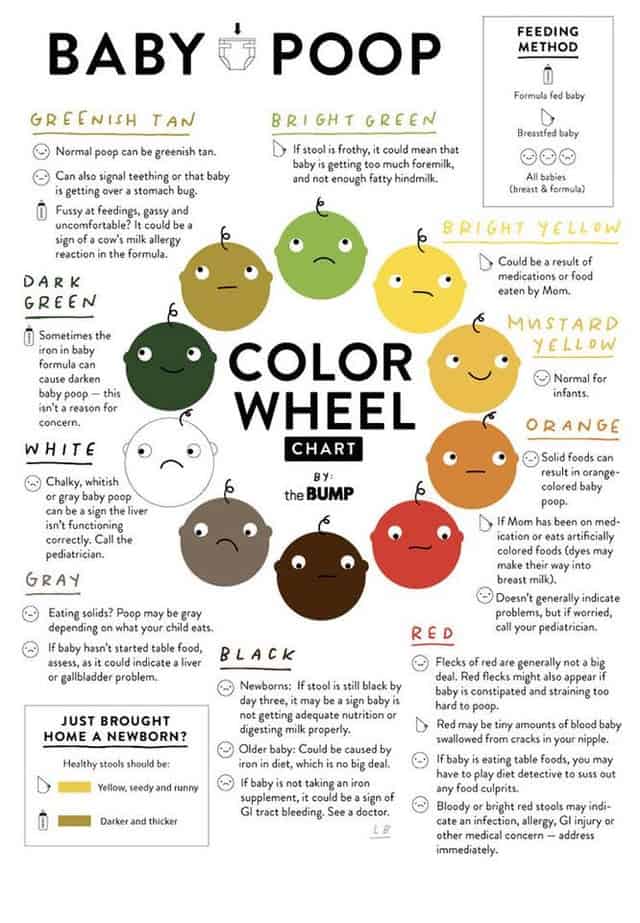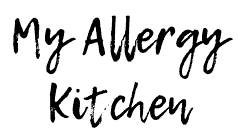It may seem like every other parent you speak to nowadays has a child with a food allergy, and that's because food allergies are becoming increasingly common. Around 6-8% of children now have a diagnosed food allergy and the most common childhood food allergy is cow's milk. If your baby has unexplained symptoms like colic, reflux, diarrhoea, eczema or generally being a fussy baby, it could be due to cow's milk protein allergy (CMPA).

What is a Food Allergy?
An allergic reaction to food happens when your immune system overreacts to a food that you would normally expect to be harmless. The food that causes a reaction is known as an allergen. Common allergens include nuts, peanuts, fish, shellfish, dairy, wheat, eggs and soya, but it is possible to be allergic to anything. Reactions can happen immediately after eating the food, or they might appear several hours later. Immediate reactions are known as IgE-mediated, and delayed reactions are known as non-IgE mediated.
Immediate reactions (IgE)
These reactions can happen within seconds or minutes, or up to 2 hours after eating food containing the allergen. Symptoms can include hives, stomach pains, vomiting and diarrhoea, wheezing, or swelling in the face, tongue or throat. A severe reaction is known as anaphylaxis and can be deadly. Thankfully this type of reaction is rare - but if it does happen you should call an ambulance immediately.
Delayed reactions (non-IgE)
Delayed reactions happen after 2 hours and usually within 3 days of eating the food allergen. Symptoms often start in the gut with abdominal pains, vomiting or diarrhoea. Itchy skin and unexplained rashes can also be signs of a non-IgE reaction. Eczema can also flare up as part of a reaction.
CMPA or Lactose Intolerance?
Milk allergy is not the same as lactose intolerance. An allergy involves the immune system, whereas lactose intolerance is just an inability to digest natural sugars that are in milk. It is very rare for babies to have lactose intolerance, because human milk also contains lactose! Sometimes they can have temporary lactose intolerance e.g. after a stomach bug.
Sometimes babies with cow's milk allergy will do better on a lactose-free formula. This is because cow's milk contains two types of protein: casein and whey. Some lactose-free formulas only contain casein, and no whey. So if your baby is allergic to the whey protein in cow's milk, they may feel better on a lactose-free formula.

CMPA Symptoms in Babies
Cow's milk protein allergy is more common in formula fed babies, but can also happen in breastfed babies too. For some breastfeeding mums, the cow's milk protein they eat goes through into their breastmilk and can cause a reaction. Milk is the most common allergy in babies, although like adults, they can be allergic to any food. Babies with CMPA usually tend to have delayed reactions, although immediate reactions are also possible.
Babies obviously cannot tell us exactly how they are feeling, so how can you tell if your baby is having an allergic reaction? Obvious signs include vomiting and diarrhoea, rashes that come up after a feed, wheezing, and redness or swelling around the face. You may see blood or mucus in your baby's stool, or stools may be green. Your baby may have trapped wind or strain to pass their stools. Other signs include colic and reflux, fussiness at feeds, or refusing to feed - these are not always due to an allergy but it is worth considering. Babies with eczema are also more likely to have a food allergy.
Check out this Introduction to Cow's Milk Protein Allergy for a full list of CMPA symptoms.

Does My Baby Have CMPA?
If your baby is having several of these symptoms on a regular basis, then it's possible they may have a milk allergy. If you are concerned you should speak to your GP or health visitor. You should not self diagnose any food allergy.
Breastfeeding mothers should be supported to trial an exclusion diet, strictly avoiding all foods containing dairy for at least 2 weeks. You can then see if your baby's symptoms improve or not. After the exclusion diet, you should start eating dairy again - and if the symptoms come back you know your baby is reacting to milk.
Formula fed babies should be given a prescription for hypoallergenic formula to trial for 2 - 4 weeks. If your baby gets much better on the new formula, you should trial cow's milk formula after the 4 weeks are up, to confirm the allergy. Your doctor can advise you how to do this safely. However, there are several different brands of hypoallergenic formula and you may need to trial a few before you find one that suits your baby.
Once you have confirmed that your baby has CMPA, you should then be referred to a dietitian for advice. They can help you decide how long to keep your baby (and yourself!) on a dairy-free diet, and help you to identify any other foods that may be causing a problem. Some babies may also be referred for allergy testing, especially if they are having immediate or severe reactions.
Diagnosis of CMPA in babies
Getting a diagnosis of cow's milk protein allergy isn't always easy. Many babies experience common symptoms like colic, reflux and eczema without having an allergy. This can make it difficult to work out whether your baby has an allergy or not. Plus, GPs have very little training in food allergy. This means they may not realise that your baby's symptoms could be due to cow's milk allergy.
Check out my top tips for Coping with Baby Colic, Reflux, Eczema and Allergies - including where to get support and how to get a diagnosis if your GP isn't listening to you.
My daughter showed signs of CMPA from the day she was born. I've shared our story of breastfeeding with CMPA before, and luckily we were able to figure it out quite quickly. Within a few weeks I was on a dairy free diet. As it turned out, she was also allergic to soya. She then developed more allergies after we started solids. Unfortunately we had to see several different doctors before we found one that would listen. Thankfully, once we had identified the allergies and cut them out of her diet, things stated to improve straight away. That was 5 years ago now, but sadly I still hear the same story at the parents allergy support group I run in my local area.


Leave a Reply